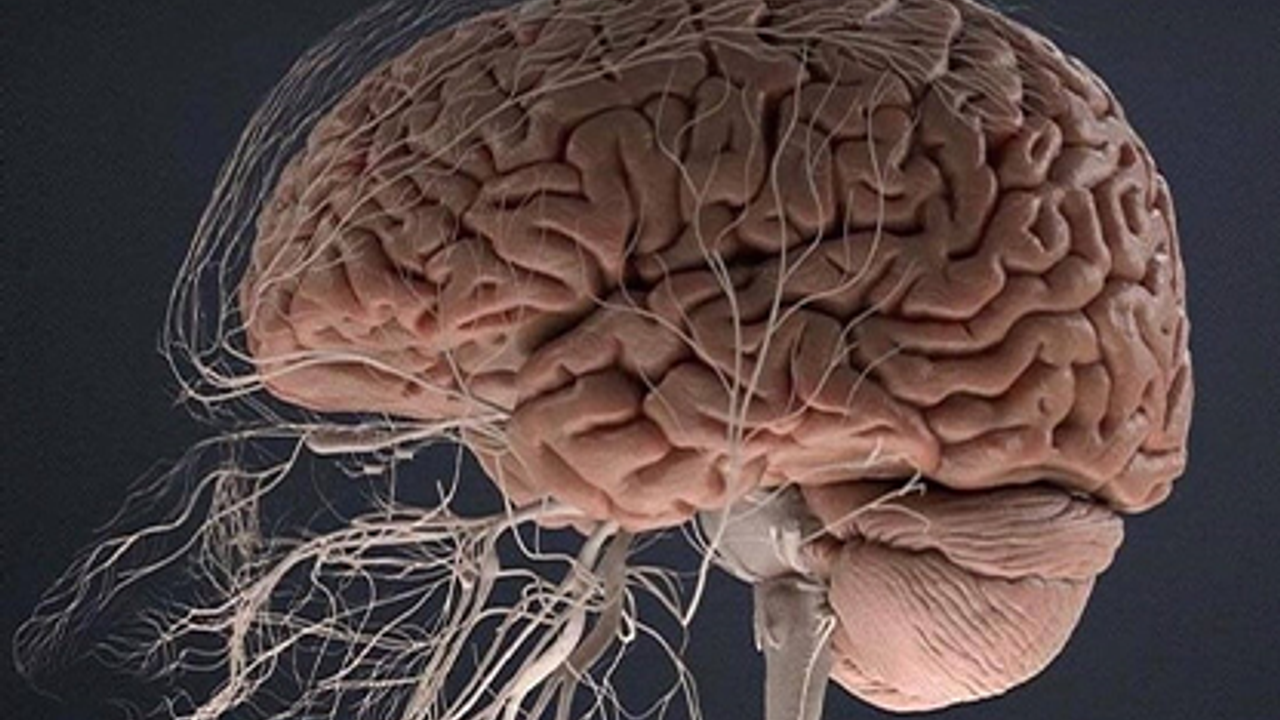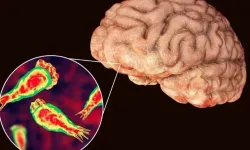Prof. Dr. Pointing out how the development of neuroimaging technology can be used to create individualized treatment, Maheen Adamson said the following in her speech at the conference: “Everyone's brain functions are different. Brain function also depends on genetics and the environment you live in. Thus, the brain is a type of organ that specifically responds to the environment because we act in response to stimuli from the environment. The way women respond to a situation is also different from men's, and this can be seen in the brain as well.
Does brain injury differ by gender?
Touching on the gender differences in the brain in case of injury, Prof. Dr. Adamson continued his words as follows: “The data we obtained; It shows that women are more likely than men to report cognitive problems such as vertigo and balance problems. They also suffer more from psychiatric illnesses. This is really interesting because current studies show that women around the world experience more depression even before brain damage. However, women may experience dementia more often than men. Damages to the brain trigger depression and dementia, and I describe this as the tsunami effect. One of the oldest ways to say, 'Yes, you may have dementia' is if you hit your head. So, once a traumatic brain injury occurs, women experience different symptoms. Even 10 years after brain injury, the thickness of the cortex does not return to its original size in women, but it does in men. What is the reason of this? I don't know yet. "There are other differences in terms of treatment, women don't respond as well to it as men because of EEG reports."
Virtual and augmented reality…
Prof. Dr. Maheen Adamson also gave information about virtual and augmented reality and said that augmented reality can be used in treatment for people with trauma.
“The question is how to bring imagination-based techniques to patients.”
Another name among the speakers of the conference was Maastricht University Neuroscience Specialist Prof. Dr. Martin Arns, in his speech on the relationship between depression and the heart, touched upon how neuroimaging technologies can contribute to the treatment of patients in the future.
Prof. Dr. Arns emphasized that studies on this subject continue on a theoretical basis and said, "Actually, the main issue is how to deliver imagination-based techniques to patients."















